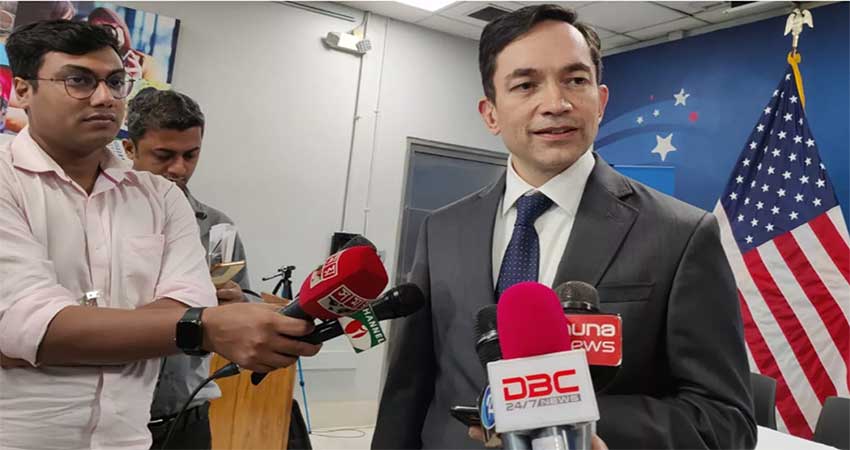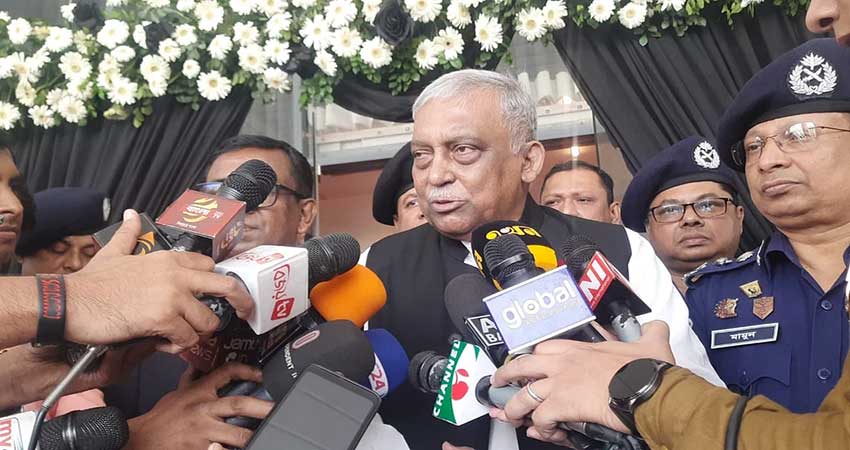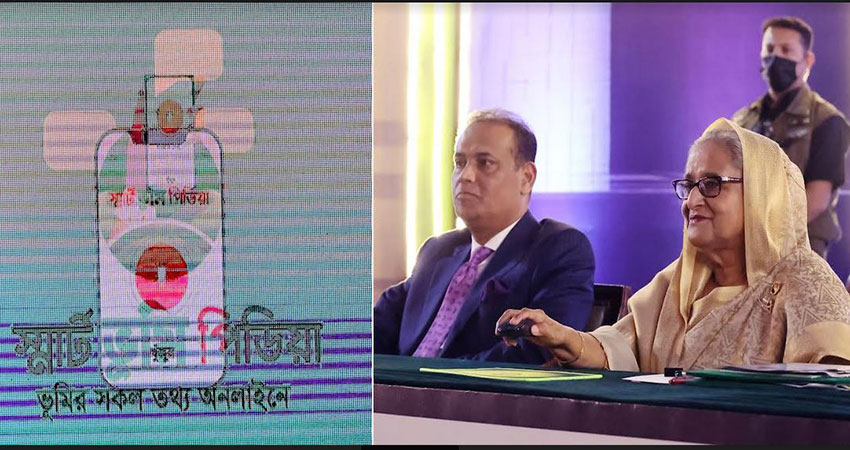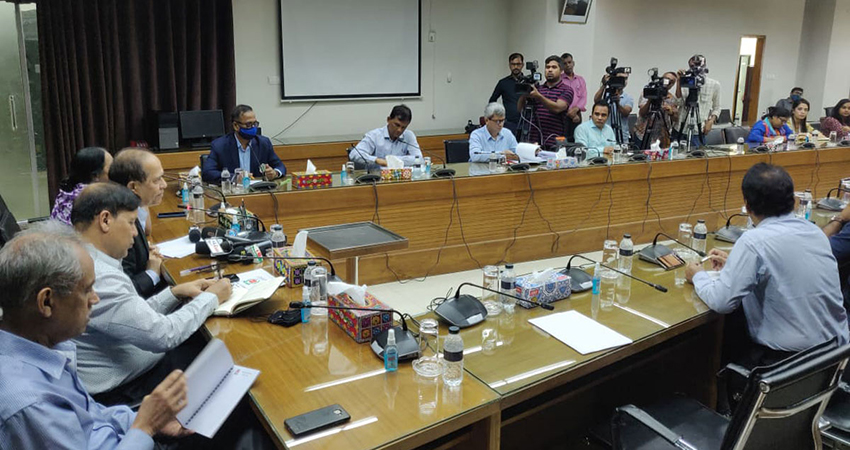In order to foster trust in the electoral process in Bangladesh, it is essential for all parties involved to actively contribute. This includes facilitating a meaningful dialogue between the major political parties and civil society. Josep Borrell, the European Union's foreign policy chief, extended this message in a letter addressed to Ivan Stefanek, a representative from Slovakia in the European Parliament.
In the letter written on Thursday, Josep Borrell said that the European Union and member states will be closely involved with the country's government and all stakeholders regarding human rights, democracy and the rule of law in Bangladesh.
He also mentioned in the letter that EU always motivates all the political parties and citizens to exercise their political rights and participate in the parliamentary elections.
Six members of the European Parliament, including Ivan Stephanek, wrote a letter to Josep Borrell on 12 June, requesting him to play a role in ensuring free, fair and neutral elections in Bangladesh. It talked about the government's discussion with political parties to stop human rights violations in Bangladesh and to find a sustainable and democratic solution to the existing crisis. Josep Borrell sent this letter yesterday in response to that.
Ivan Stefanek's office confirmed receipt of the letter by e-mail to Prothom Alo Thursday night. European Union ambassador to Dhaka Charles Whiteley also confirmed this to Prothom Alo over the phone.
Josep Borrell thanked Ivan Stephanek for forwarding the letter on 12 June concerning Bangladesh's national elections. The senior representative of the EU also mentioned in his letter yesterday that he was aware of the concerns expressed by six members of the European Parliament in that letter.
Josep Borrell stated that the government of Bangladesh has extended an invitation to EU members to observe the upcoming elections. He appreciated the decision and informed that as a preliminary measure, a fact-finding mission will be sent to Bangladesh to assess the current situation, examine the advantages, and evaluate the feasibility of conducting election observation.
Regarding the meaningful dialogue among political parties in Bangladesh, the EU's foreign policy chief stressed the importance of upholding fundamental freedoms, including the rights to express and assemble peacefully. Furthermore, he emphasised that there is no place for violence in democratic process and therefore it should be avoided.
This senior representative of the EU said that human rights, democracy, rule of law are integral parts of the values and policies of the European Union. Therefore, the European Union regularly raises these issues with Bangladesh.
Referring to the Generalised System of Preferences (GSP) benefit for Bangladeshi products in the European market, Josep Borrell said that Bangladesh enjoys this benefit in all products except arms. Bangladesh is one of the countries with which there is increased engagement in addressing human rights and labour rights-related concerns. A report, scheduled for 2023, will assess the advancements made during the period from 2020 to 2022 under the GSP.
The Vice President of the European Commission emphasised that the EU has consistently stated that the privileges granted under the Everything But Arms (EBA) initiative are contingent upon the protection of human rights, including labour rights, as outlined in the rules of the GSP. Should Bangladesh choose to seek GSP Plus benefits in the future, it is imperative that these conditions are fulfilled.
The EU's senior representative said that the EU is closely monitoring the health of Bangladesh's former Prime Minister Khaleda Zia. It is important that she receives the best possible treatment. The EU is in contact with the Bangladeshi authorities in this regard.
EU wants meaningful dialogue among political parties in Bangladesh



















